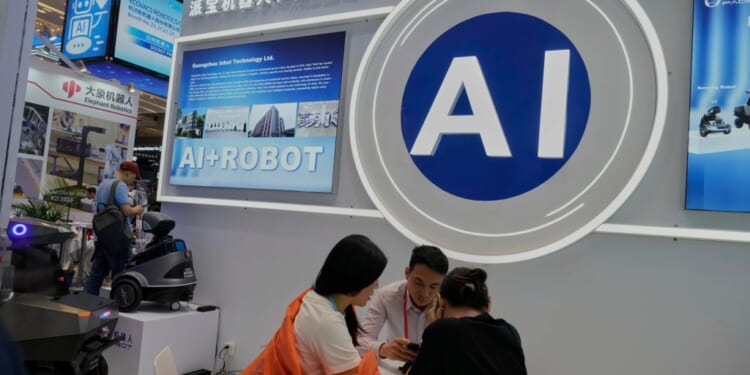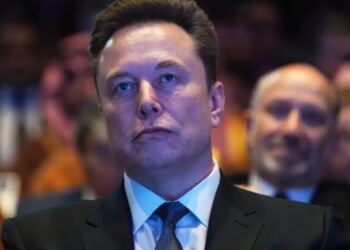According to old-timers, you can see signs when a cold winter lies waiting. The street becomes covered with acorns from oaks, and ready-to-shell nuts from pecan trees are everywhere. Also, look out for some high heating bills.
The old-timers offer similar advice for the economy. Take the hemline prosperity theory, which historically says short skirts predict prosperity and long ones predict hard times. Although there’s a lot of variation out there, in my take on the football crowd, dresses are almost touching the floor and worn with sturdy cowboy boots, no less. Meanwhile, there’s renewed chatter about a recession.
COMEY MAKES HISTORY AS FIRST FORMER FBI DIRECTOR TO FACE ARRAIGNMENT
A more timeless piece of economic wisdom points toward optimism, even if this winter ends up being a rough one.
The gross domestic product forecasters I follow aren’t that pessimistic, either. Scanning forecasts from the Philadelphia Federal Reserve, Wall Street Journal, Wells Fargo, and International Monetary Fund, I see no negative growth quarters in the year ahead. This leaves a large puzzle, and here’s why.
GDP growth is determined by two things: employment growth plus productivity growth. We just need to know how many people work each day and how much they produce, on average. There’s hardly any growth expected for employment. For optimistic forecasters to be right, the burden is on productivity growth.
I believe artificial intelligence is delivering that growth and more — something more akin to a new industrial revolution. Instead of coal-fueled Boulton and Watt steam engines, it’s powered by technology that’s energized by chips and electricity (which may also be generated by coal).
Could the changes on the way be larger than what steam power did for the world? I think so. Such is the power of knowledge.
The AI revolution can spread almost anywhere, not just where there is fuel to create steam. And it addresses something even bigger than problems involving production and consumption: “the use of knowledge in society,” as Nobel laureate F.A. Hayek put it.
The “fundamental” economic problem, he explained, arises from the fact that human knowledge is dispersed across billions of brains while the need for knowledge is concentrated in place and time. This forces everyone, including workers, consumers, businesses, and governments, to make decisions with inherently limited information. Fixing it, to whatever degree we can, stimulates growth and change.
We’ve witnessed the result with printing presses, mail, telegraphs, telephones, the internet, and smartphones. Something special happens when brains get connected. As Matt Ridley explained persuasively, ideas breed and yield more and more knowledge than innovation-based progress. The gains compound upon themselves.
HIRING SLOWED FURTHER IN AUGUST AMID CONCERNS OF WEAKENING JOB MARKET
We can’t know AI’s exact role or capabilities, and that’s the beauty of it. Every day generates a new spontaneous order that changes and enlarges what we know. To Hayek’s point, we solve economic problems when more human knowledge is concentrated in smaller spaces.
Yes, even with real and figurative signs of a cold winter or recession, there are good reasons to believe we have the promise of real GDP growth, not just here in America, but across the globe.
Bruce Yandle is a distinguished adjunct fellow with the Mercatus Center at George Mason University, a dean emeritus of the Clemson College of Business and Behavioral Sciences, and a former executive director of the Federal Trade Commission.

















